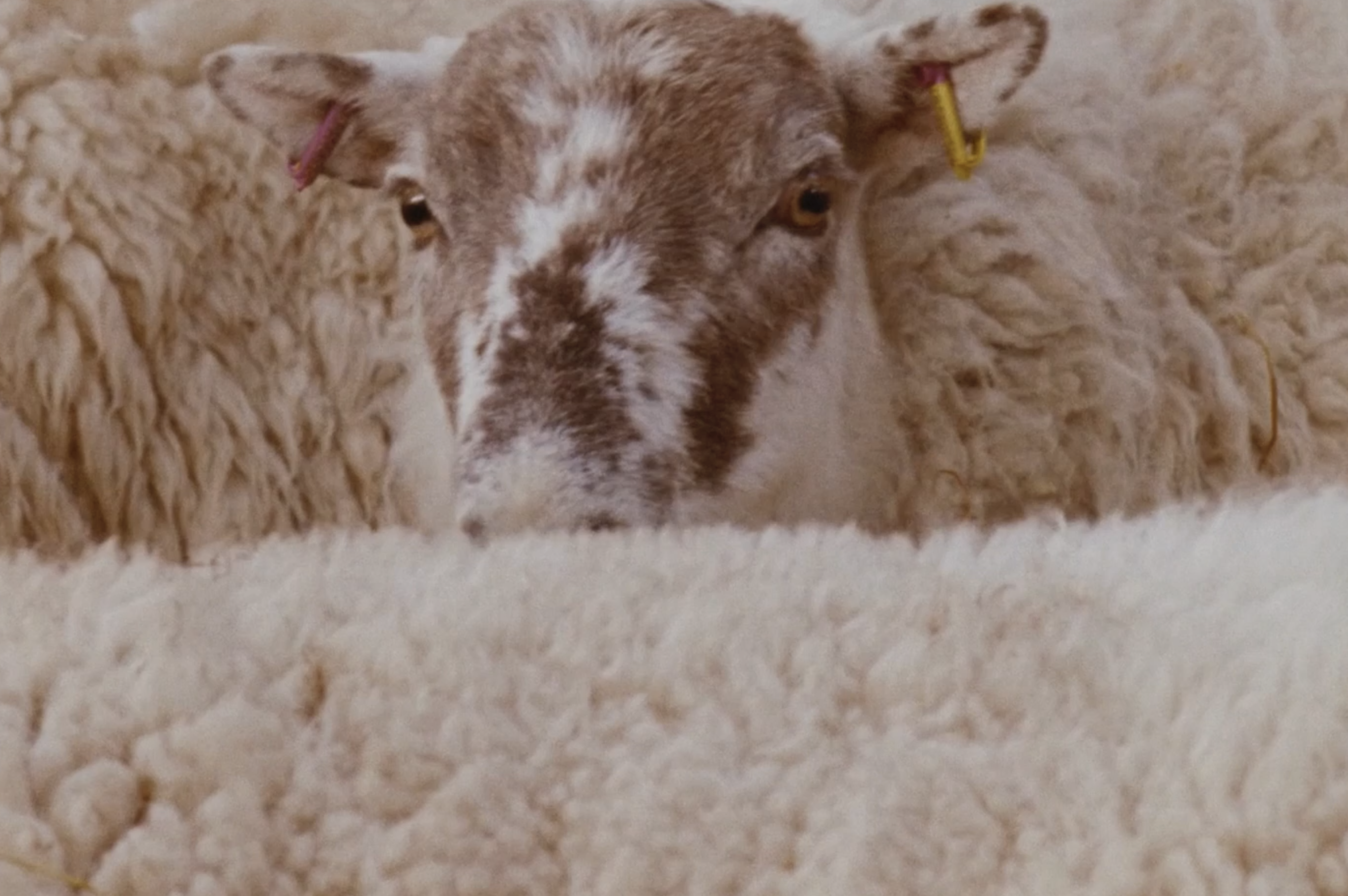Location
Anthology Film Archives
32 Second Avenue
New York, NY 10003

Anthology Film Archives
32 Second Avenue
New York, NY 10003
22 September 2021
7:30 PM – 9:15 PM
Program Notes.
“Conceptually I used the camera as an organ of touch and interacted with layers, textures, and surfaces, combining digital and analog recordings with multiple exposure filming. This methodological approach allows me to get as close as possible to the surgical practice, with the intention to associate the film material with the human body and its viscera.” – Christina Lammer, The Camera is the Massage in Millennium Film Journal Nos. 71/72 “Crisis.”
This program of short moving-image works celebrates the publication of Millennium Film Journal Nos. 71/72 “Crisis” (Spring/Fall 2020) and No. 73 “everywhere” (Spring 2021). All works in the program are discussed or featured in one of the two issues.
Selected and presented by Millennium Film Journal senior editor Grahame Weinbren and editor-at-large Jonathan Ellis.
At the beginning of the Coronavirus lockdown, Weihan Zhou moved out of his Manhattan apartment, first setting up a low-resolution, low-frame-rate, motion-activated security camera. MOTHTHTH shows the gray and white footage relayed to Zhou at his distant location.
Discussed in Laura Marks “Small-File Movies: Saving the Planet, One Pixel at a Time,” MFJ 71/72.
POLYGLOT is a three part web series featuring actress and rapper Amanda Mukasonga. Episode 2 is an understated, elegantly executed cinematic portrait of a young Rwandan ex-pat’s dissatisfaction and homesickness in Berlin. Yet she feels she can’t go home.
Discussed in Grahame Weinbren “Things Are Not What They Seem: e-flux Artist Cinemas 2020,” MFJ 73.
“Conceptually I used the camera as an organ of touch and interacted with layers, textures, and surfaces, combining digital and analog recordings with multiple exposure filming. This methodological approach allows me to get as close as possible to the surgical practice, with the intention to associate the film material with the human body and its viscera.”
–Christina Lammer from “The Camera is the Massage: Artist Pages,” MFJ 71/72.
The film was shot over a course of mornings in a farmer’s lambing shed near Lucy Skaer’s house on the island of Lewis in the Outer Hebrides. Ewes are in labor, giving birth or tending to their lambs. Included in the 2020 e-flux Artist Cinemas series, LAMB is presented with an excerpt of the Ursula K. Le Guin short story “The Silence of the Asonu,” which describes a society of people who do not speak. The connection of the film with the text suggests other associations, explored in a video essay presented at the end of the program.
Discussed in Grahame Weinbren “Things Are Not What They Seem: e-flux Artist Cinemas 2020,” MFJ 73.
“I treat the film emulsion as a sensitive skin, a membrane that needs to be touched with much care and tenderness. There is an ethicality of matter.”
–Christina Lammer from “The Camera is the Massage: Artist Pages,” MFJ 71/72.
A look at a Texas-based company that sells, constructs, and installs custom-made, secure steel subterranean hideouts for wealthy clients. A trip to one of their newly completed massive underground bunkers in Michigan reveals a fortified underground world for the wealthy to retreat from global crises.
Discussed in Jenny Perlin “Survival: Artist Pages,” MFJ 73
“I hone in on the relations of the embodied skills of the operating team with such remote machines as the da Vinci robotic system. I explore the microlevel of the human-machine-interaction with my camera. In which ways does the digital imaging device implemented in the da Vinci console orchestrate the fingers, toes, and the sense organs of the operator? Touch is a metaphor for the wounded.”
–Christina Lammer from “The Camera is the Massage: Artist Pages,” MFJ 71/72.
Crafted entirely out of National Film Board of Canada archival footage by First Nations filmmaker Caroline Monnet, MOBILIZE takes us on an exhilarating journey from the Far North to the urban south, capturing the perpetual negotiation between the traditional and the modern by a people moving ever forward.
Discussed in Grahame Weinbren “Things Are Not What They Seem: e-flux Artist Cinemas 2020,” MFJ 73.
Paraiso, an all-seeing drone spirit, is summoned every Sunday into the heart of Hong Kong where Filipina migrant workers gather to socialize. As the women claim the public space, Stephanie Comilang’s sci-fi documentary considers social connections in today’s age of economic migration and modern technology.
Discussed in Grahame Weinbren “Things Are Not What They Seem: e-flux Artist Cinemas 2020,” MFJ 73.
Video essay on the Nashashibi / Skaer LAMB film presented online in the 2020 e-flux Artist Cinemas programs and in this screening.
Total running time: ca. 80 min.
This program is partially funded by NYSCA through the Millennium Film Workshop, affiliated with Millennium Film Journal.